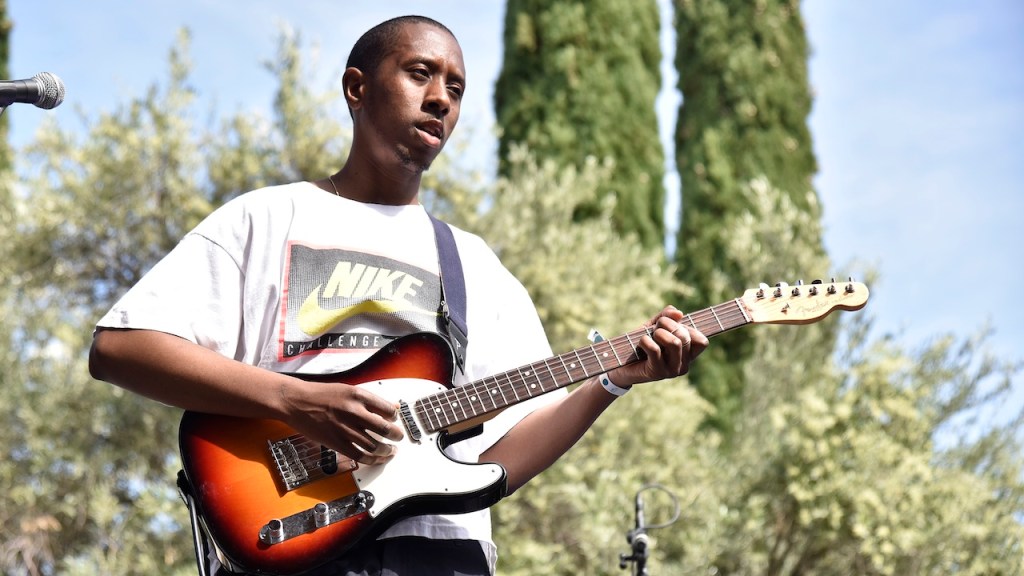Semblance is the debut album from Canadian indie-pop musician Seth Nyquist, better known as MorMor. MorMor’s breakout single, 2018’s ‘Heaven’s Only Wishful’, was named Best New Music by Pitchfork and later showed up in many year-end lists.
Heaven’s Only Wishful was also the name of MorMor’s breakout EP, which landed in June 2018. 11 months later, MorMor released Some Place Else, another EP that ran the gamut…












